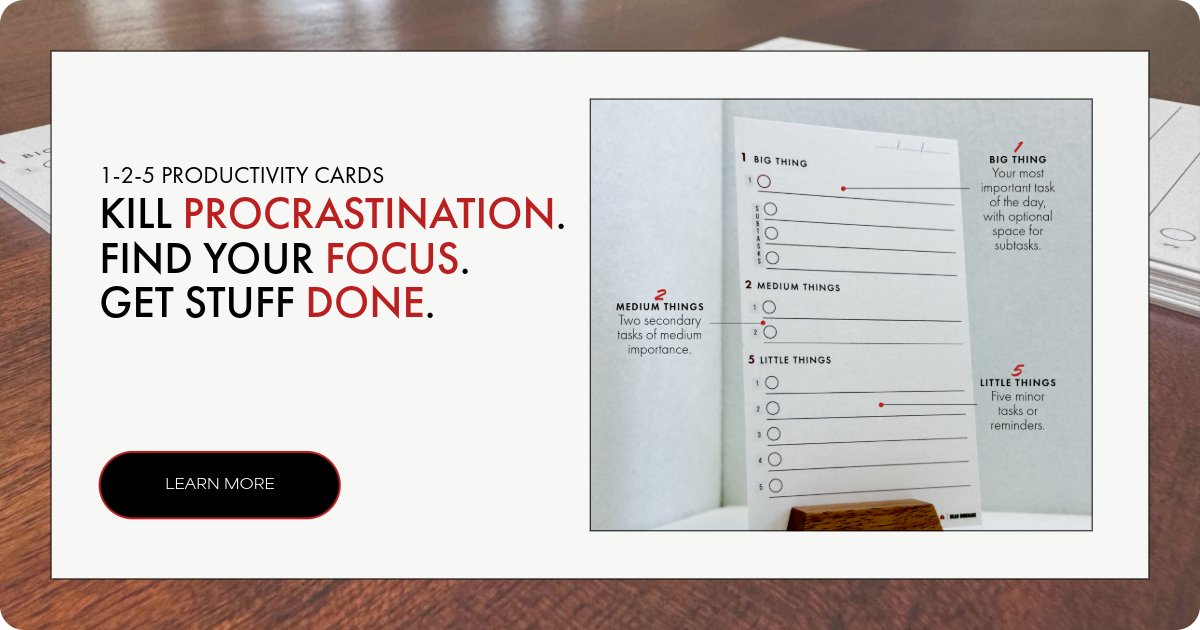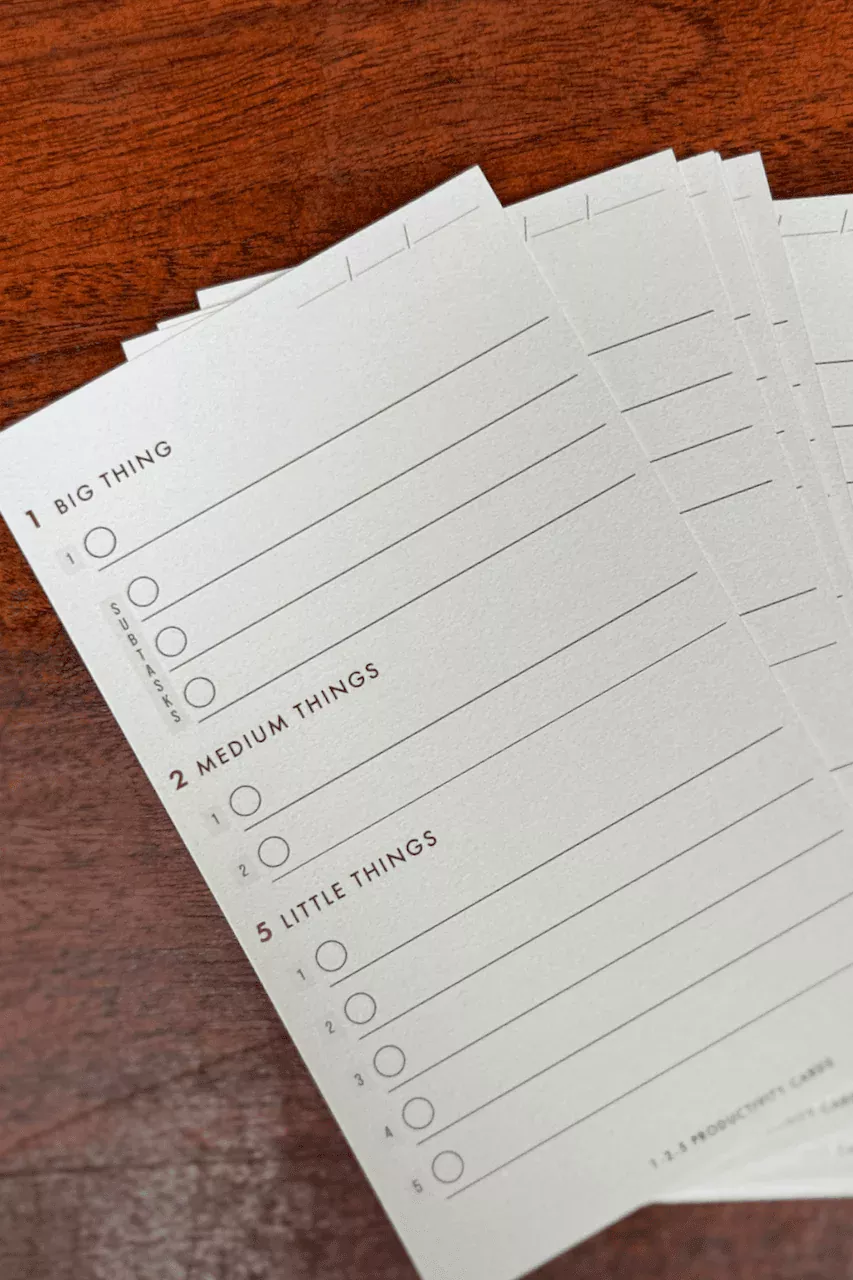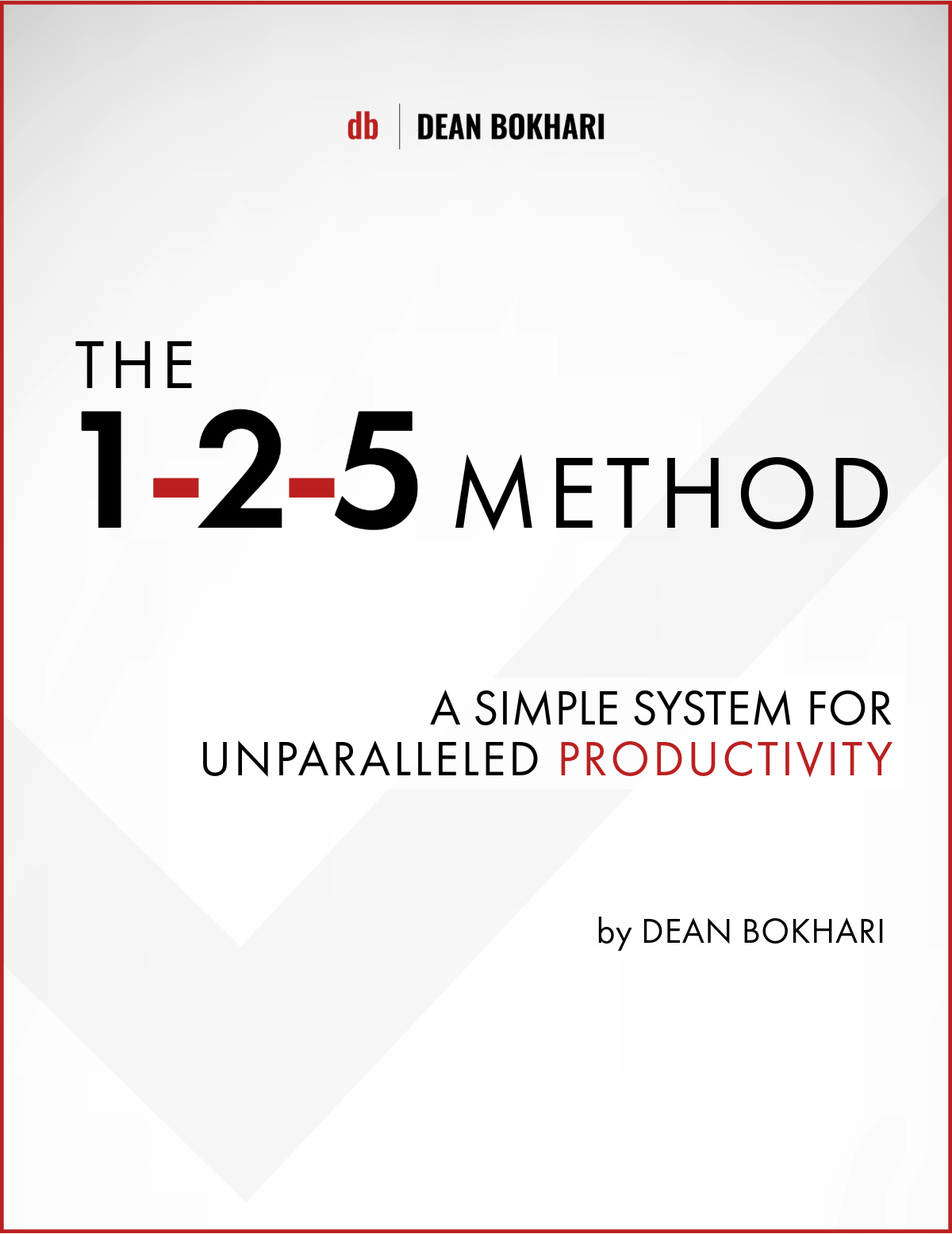A Comprehensive Guide to Effective Stress Management for Traders
SPONSORED POST
In the fast-paced world of trading, stress management is not just important; it's critical. Traders constantly face high-pressure situations that can take a toll on their mental and physical well-being. In this comprehensive guide, we'll explore effective stress management techniques to help them maintain balance and prevent burnout.
Stress: Definition, Causes, and Symptoms
Stress is an inevitable part of trading, stemming from the constant demand for decision-making and risk management. However, it is also the body's natural response to any demand or challenge, whether physical, emotional, or psychological. It can manifest in both acute and chronic forms, each with its own set of characteristics and impacts.
● Acute stress is short-lived and usually occurs in response to specific events or situations, such as being stuck in traffic, or more significant ones, such as facing a tight deadline at work or a demanding project. This type of distress is especially common among investors. You can reduce trading pressure if you are confident in your chosen broker. To do this, click here and read detailed reviews.
● Chronic stress, on the other hand, is long-term and results from ongoing challenges or pressures that an individual faces in their daily life. These stressors can be related to work, finances, relationships, health issues, or major life changes. Chronic stress can have serious implications for both physical and mental health if left unmanaged.

Common Causes of Stress
Traders encounter distinct stressors in their professional lives that profoundly impact their mental and emotional states. Here are key stress triggers specific to investors:
● Market Volatility: Fluctuations in financial markets induce stress, especially during rapid price changes or unexpected events, leading to uncertainty and impulsive decision-making.
● Risk Management Pressures: Constantly assessing and mitigating risks, including potential losses and margin calls, creates pressure and fear of financial setbacks.
● Performance Pressure: Traders face expectations to consistently achieve returns, leading to feelings of inadequacy, self-doubt, and anxiety.
● Information Overload: Processing vast amounts of market data and news can overwhelm investors, making it difficult to stay focused and make informed decisions.
● Technological Challenges: Technical glitches, platform outages, or connectivity issues disrupt trading operations, causing frustration and stress.
Physical and Psychological Symptoms of Stress
Stress can manifest in a variety of physical and psychological symptoms, which can vary from person to person. Some common physical symptoms of tension in traders include:
● Headaches or migraines
● Fatigue or low energy
● Muscle tension or pain
● Digestive issues
● Sleep disturbances
● Changes in appetite
Psychological symptoms of stress may be:
● Irritability or mood swings
● Anxiety or panic attacks
● Difficulty concentrating or making decisions
● Feelings of overwhelm or inability to cope
● Social withdrawal or isolation
● Increased use of alcohol or drugs
It's important to recognize these symptoms and address strain before it escalates and negatively impacts overall well-being. Under no circumstances should you neglect the importance of mental health, especially in such demanding jobs as a trader.
The Top 5 Techniques for Managing Stress in Traders
Managing stress effectively requires a combination of strategies that address both the physical and psychological aspects of pressure. Here are the top five effective tension management techniques for traders:
1. Lifestyle Changes
Making healthy lifestyle choices is essential for managing stress and promoting the overall well-being of investors. This includes:
● Balanced Diet: Eating a nutritious diet rich in fruits, vegetables, whole grains, and lean proteins can provide essential nutrients that support strain resilience.
● Regular Physical Activity: Engaging in regular exercise, such as walking, jogging, swimming, or yoga, can help reduce stress hormones and promote relaxation.
● Adequate Sleep: Prioritizing sleep and establishing a consistent sleep routine can improve mood, cognitive function, and overall resilience to pressure. Even in a job as demanding as binary options trading, one needs to make sure that they don't overwork and have enough time to rest.
● Time Management Skills: Effective time management techniques, such as prioritizing tasks, setting realistic goals, and breaking tasks into manageable chunks, can help reduce feelings of overwhelm and improve productivity.
2. Relaxation Techniques
Traders may take advantage of various relaxation techniques to help them reduce strain and promote a sense of calm. These include:
● Deep Breathing Exercises: Deep breathing exercises, such as diaphragmatic breathing or box breathing, can help activate the body's relaxation response and reduce physiological symptoms of stress.
● Progressive Muscle Relaxation: Progressive muscle relaxation involves tensing and then relaxing different muscle groups in the body, helping to release tension and promote relaxation. Such demanding occupations as forex trading should not interfere with the right to rest. Relaxation techniques will help investors relieve tension after a busy day at work.
● Meditation: Meditation practices, such as mindfulness meditation or guided imagery, can help quiet the mind, reduce pressure, and improve overall well-being.
● Mindfulness Practices: Mindfulness techniques involve paying attention to the present moment without judgment, helping to reduce rumination and increase awareness of stress triggers.
3. Cognitive-Behavioral Techniques
Traders should try to use cognitive-behavioral techniques to lessen the pressure. These focus on identifying and challenging negative thought patterns that contribute to stress.
● Reframing Negative Thoughts: Reframing involves replacing negative or distorted thoughts with more positive and realistic ones, helping to reduce anxiety and improve resilience.
● Problem-Solving Skills: Developing effective problem-solving skills can help investors approach stressful situations more proactively and constructively.
● Setting Realistic Goals: Setting achievable goals and expectations for oneself can help reduce feelings of pressure and overwhelm, leading to greater satisfaction and success in a financial career.
4. Social Support and Communication
Building a strong support network of friends, family, or colleagues can provide invaluable emotional support for traders during times of tension. Effective communication skills are also essential for managing conflicts and resolving issues in relationships. Strategies for enhancing social support and communication include the following:
● Seeking Emotional Support: Sharing concerns and feelings with trusted individuals can provide validation, comfort, and perspective during challenging times.
● Offering Support to Others: Providing support to others in need can also be beneficial, fostering a sense of connection, purpose, and reciprocity.
● Improving Communication Skills: Learning effective communication techniques, such as active listening, assertiveness, and conflict resolution, can help navigate difficult conversations and strengthen relationships, both personal and professional.
5. Incorporating Technology
Technology can be a valuable tool for managing strain, with a wide range of apps and online resources available to help investors track their stress levels, practice relaxation techniques, and access support and information. These include:
● Stress Tracking Apps: Apps that allow traders to monitor their stress levels, identify patterns, and track progress over time can provide valuable insights for stress management.
● Relaxation and Meditation Apps: There are many apps available that offer guided relaxation exercises, meditation sessions, and mindfulness practices to help investors unwind and reduce pressure.
● Online Support Communities: Joining online support groups or forums can provide a sense of connection and community, allowing individuals to share experiences, seek advice, and receive support from others facing similar challenges. This can be especially useful for individuals working in the same field. Traders will gain a better understanding of other traders and the financial market challenges that make them stressed.
How to Create a Personalized Stress Management Plan
Creating a personalized stress management plan is essential for effectively managing pressure and promoting the overall well-being of traders. Here's how to develop a plan tailored to your individual needs and preferences:
Identify Specific Stress Triggers
The first step in creating a personalized stress management plan is to identify the specific triggers that affect you. Reflect on past experiences and take note of situations, events, or circumstances that consistently lead to feelings of overwhelm. Common triggers may include work deadlines, financial worries, relationship conflicts, or health concerns.
Assess Your Stress Response
Once you've identified your stress triggers, it's important to assess how you typically respond to strain. Pay attention to both the physical and emotional symptoms you experience when under pressure, as well as any unhealthy coping mechanisms you may use, such as overeating, excessive drinking, or avoidance behaviors. Understanding your tension response will help you choose appropriate stress-reduction techniques.
Choose Appropriate Stress Reduction Techniques
With your strain triggers and responses in mind, explore different stress reduction techniques and strategies that align with your preferences and lifestyle. Consider a combination of lifestyle changes, relaxation techniques, cognitive-behavioral strategies, social support, and technology-based interventions.
Experiment and Adapt
Creating a personalized stress management plan is not a one-size-fits-all approach. It's essential to experiment with different techniques and strategies to find what works best for you. Be open to trying new things, and don't be discouraged if some techniques are more effective than others. Remember that consistency and patience are key, and it may take time to see significant improvements in your tension levels, especially if you are involved in financial trading and are constantly under pressure.

Seek Professional Help if Needed
If you find that your stress levels are overwhelming or interfering with your daily functioning, don't hesitate to seek professional help from a therapist, counselor, or healthcare provider. They can offer additional support, guidance, and resources to help you manage pressure more effectively and improve your well-being.
Final Words
In the high-pressure world of trading, effective stress management is essential for maintaining mental and physical well-being. By implementing a combination of lifestyle changes, relaxation techniques, cognitive-behavioral strategies, and social support, traders can mitigate the negative impact of stress and improve their overall quality of life.
Remember to prioritize self-care and seek professional help if needed. With dedication and perseverance, traders can navigate the challenges of trading with greater resilience and success.
—
Credits:
1. https://unsplash.com/photos/woman-in-black-long-sleeve-shirt-covering-her-face-with-her-hands-bmJAXAz6ads
2. https://unsplash.com/photos/three-women-sitting-beside-table-bwki71ap-y8
— END OF SPONSORED POST —
✨ New Series: How to Become an Early Riser
- Discover key methods to make early rising a habit
- How to wake up early + energized every morning
- Morning routines for health + success
Free self-development courses
👇
Tap on any of the courses below to start learning how to:
- boost your productivity (with GTD),
- get focused (with Deep Work),
- or learn the art of influencing others (with the How to Win Friends & Influence People course.)
All for free.
👇
Free life guides
👇
Best-selling Self-development courses by Dean Bokhari
Kill procrastination.
|
Get stuff done.
|
Get motivated.
|
Connect with anyone.
|
freshly pressed:
Top Audiobooks narrated by Dean Bokhari on audible | |
Book summaries
- The Power of Habit by Charles Duhigg
- 12 Rules for Life by Jordan B. Peterson
- Presence by Amy Cuddy
- Leaders Eat Last by Simon Sinek
- The ONE Thing by Gary Keller, Jay Pasan
- Deep Work by Cal Newport





































